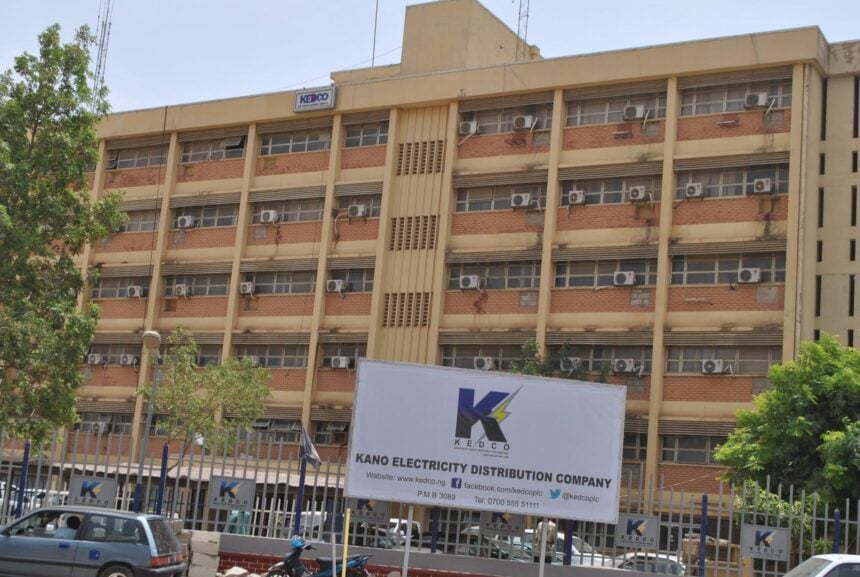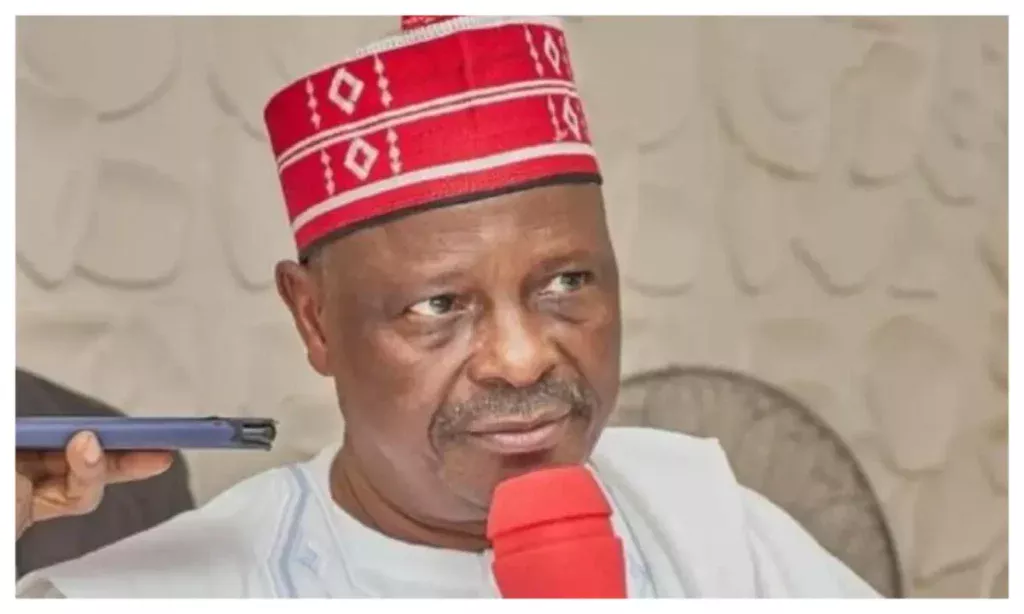In a landmark move to bolster Nigeria’s fiscal revenue and unleash its untapped economic potential, the Federal Inland Revenue Service (FIRS) proudly announced a historic milestone, raking in over N10 trillion in 2022. While this achievement signifies progress, it also unveils a pressing concern – the discrepancy between the generated revenue and the nation’s economic magnitude as the largest economy in Africa.
The Nigeria Extractive Industries Transparency Initiative (NEITI) brought to light a staggering revelation – certain companies in the oil and mining sectors withheld over $10 billion in taxes and royalties from the Federal Government. With the International Monetary Fund (IMF) urging the government to elevate its tax to nine per cent of the Gross Domestic Product (GDP), President Bola Tinubu appointed the esteemed fiscal policy expert, Mr. Taiwo Oyedele of PriceWaterhouseCoopers, to spearhead a crucial mission: elevating the revenue target to an 18 per cent tax to GDP ratio, a substantial leap from the current figure lingering below eight per cent.
Oyedele, the zealous tax guru, wasted no time in presenting a groundbreaking proposal centered on redistributing the tax burden, favoring the affluent while simultaneously slashing the corporate income tax rate to fortify the business landscape. This bold initiative holds the promise of propelling Nigeria towards a more equitable and prosperous future.
As stakeholders and experts weigh in on this pivotal development, Muda Yusuf, the Chief Executive Officer of the Centre for the Promotion of Private Enterprises (CPPE), lauded the proposed tax hike as a progressive and equitable approach. He underscored the significance of ensuring that high net worth individuals contribute their due share to foster income redistribution and economic development – a practice synonymous with advanced nations.
Dr. McAntony Dike, a revered figure from the Chartered Institute of Taxation of Nigeria (CITAN), emphatically emphasized the constitutional imperative of taxing all individuals who earn income, legitimate or otherwise. Drawing parallels with South Africa’s robust tax compliance culture, Dike accentuated the pivotal role of tax payments in fostering societal progress and resource allocation for public welfare.
In a similar vein, Mr. Godwin Anono, President of the Standard Shareholders Association of Nigeria (SSAN), heralded the taxation expansion as a transformative tool to bridge societal inequalities. He urged the government to harness cutting-edge technology to seamlessly integrate more eligible taxpayers, particularly those in the informal sector, thus broadening the tax base and enhancing financial inclusivity.
Amidst these resounding endorsements, the onus falls on the government to not only implement these visionary taxation policies but also to demonstrate utmost transparency and prudence in managing public funds. This symbiotic relationship between the government and its people is paramount for fostering trust and consolidating the social contract.
In essence, Nigeria stands at the crossroads of a paradigm shift in its taxation landscape, poised to harness its latent economic prowess and chart a trajectory towards inclusive growth and prosperity for all its citizens.



